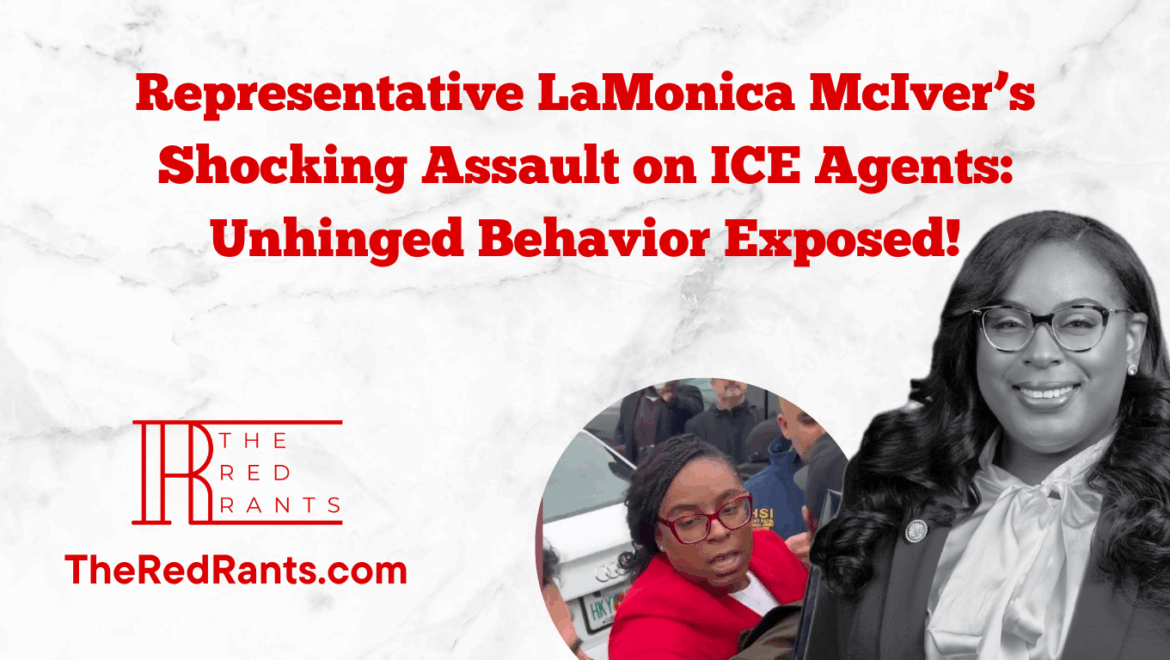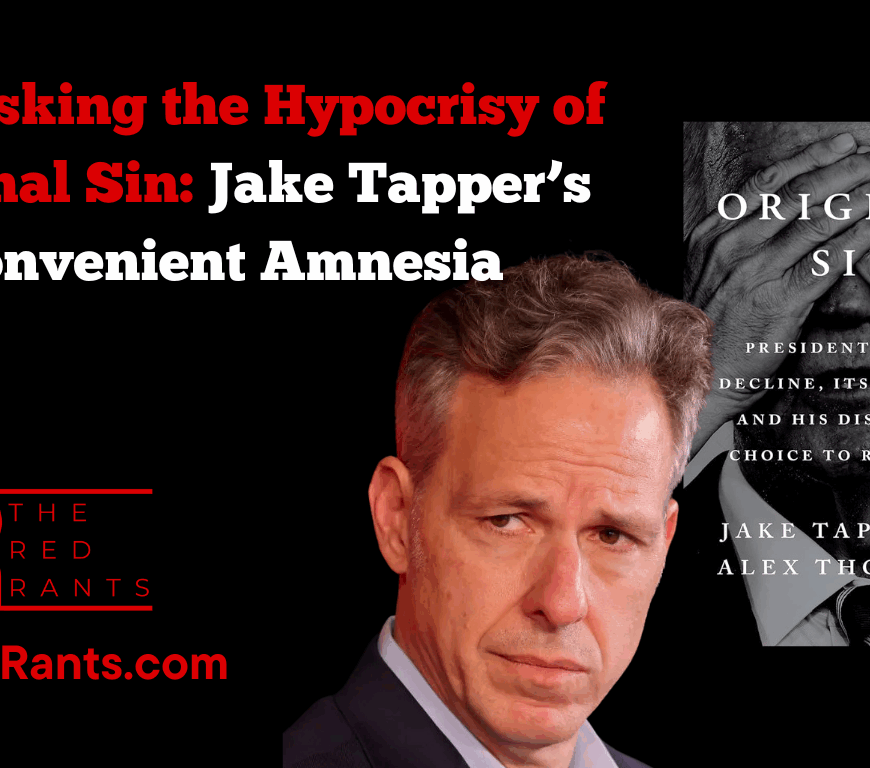Representative LaMonica McIver, a Democrat from New Jersey’s 10th Congressional District, has recently found herself at the center of controversy following an altercation at the Delaney Hall ICE detention facility in Newark on May 9, 2025. The incident, which involved McIver allegedly assaulting federal law enforcement officers, has raised serious questions about her professionalism, judgment, and fitness to serve as a member of Congress. Beyond this event, her past actions and the broader context of her political career warrant scrutiny to assess whether she upholds the standards expected of a public official. This article examines McIver’s behavior, the inappropriateness of physical confrontation in her role, and the need for accountability, while exploring any relevant aspects of her past that may reflect on her character or decision-making.
The Delaney Hall Incident: A Breach of Professionalism
On May 9, 2025, McIver, alongside Newark Mayor Ras Baraka and Representatives Bonnie Watson Coleman and Rob Menendez, visited the Delaney Hall detention center, a privately operated facility housing ICE detainees. The visit, described by the lawmakers as an oversight mission, quickly escalated into chaos. According to multiple reports, including body camera footage released by the Department of Homeland Security, McIver engaged in physical and verbal confrontations with ICE agents as they arrested Mayor Baraka for trespassing. The footage allegedly shows McIver shoving and elbowing agents, with some sources claiming she used profanities and threatened to leverage her congressional position against officers.
Such behavior is not only unprofessional but wholly unacceptable for a sitting member of Congress. Physical altercations, regardless of the context, are beneath the dignity of an elected official tasked with representing constituents and upholding the rule of law. Even a toddler is taught that putting hands on others is inappropriate; for a congresswoman, such conduct is a egregious violation of the decorum and responsibility her position demands. McIver’s actions, as depicted in the footage, suggest a lack of restraint and a disregard for the legal boundaries that govern interactions with federal officers. This incident alone casts a shadow over her ability to lead with composure and integrity. Below is her “official” statement about the incident which not only lacks accountability, but shifts the blame to those upholding the law.
Stop lying. We have it on tape.
— End Wokeness (@EndWokeness) May 20, 2025
pic.twitter.com/J2jKyuNVsf
Charges and the Call for Consequences
On May 19, 2025, interim U.S. Attorney for New Jersey Alina Habba announced federal charges against McIver for assaulting, impeding, and interfering with law enforcement under Title 18, United States Code, Section 111(a)(1). The charges, which carry a potential penalty of up to one year in prison, mark a rare instance of a sitting member of Congress facing criminal prosecution for actions unrelated to fraud or corruption. Habba emphasized that “no one is above the law,” underscoring the necessity of holding McIver accountable for her alleged misconduct.
The decision to charge McIver has been supported by several Republican lawmakers, including House Homeland Security Committee Chairman Mark Green, who argued that her actions, “clearly documented on video,” warrant prosecution. Homeland Security Secretary Kristi Noem echoed this sentiment, stating that anyone, regardless of status, must face consequences for assaulting law enforcement. These charges are not merely a legal formality; they represent a critical step toward ensuring that elected officials are held to the same standards as ordinary citizens. McIver’s refusal to accept a plea deal, as noted by sources familiar with the matter, further suggests a reluctance to acknowledge the gravity of her actions.
McIver and her legal team, led by former U.S. Attorney Paul Fishman, have called the charges “purely political,” arguing that she was exercising her congressional oversight duties and that ICE agents escalated the situation. However, this defense rings hollow when video evidence reportedly shows her engaging in physical contact with officers. Oversight responsibilities do not grant lawmakers a license to obstruct or assault federal agents. If McIver is convicted, the consequences—potentially including imprisonment and removal from office—would serve as a necessary reminder that public service demands accountability, not entitlement.
BREAKING. 🚨
— Kyle Becker (@kylenabecker) May 20, 2025
U.S. Attorney Alina Habba announces DOJ will be *PRESSING CHARGES* against House Democrat LaMonica McIver, who was caught on video assaulting an ICE detention officer pic.twitter.com/iddpjS0tOe
Professionalism and the Expectations of Public Office
As a member of Congress, McIver is expected to embody the highest standards of professionalism, particularly given her role on the Homeland Security Committee, which oversees issues directly related to immigration enforcement. Her alleged actions at Delaney Hall undermine public trust in her ability to handle sensitive matters with objectivity and restraint. Elected officials must model behavior that promotes civility and respect for the law, not contribute to chaos and confrontation. McIver’s conduct, if proven as alleged, reflects a failure to meet these basic expectations and raises questions about her suitability for leadership.
LaMonica Mclver is now facing serious felony charges after assaulting a federal I.C.E agent.
— Rep. Wesley Hunt Press Office (@RepWPH) May 20, 2025
Let this be a lesson to all, attack law enforcement, and you will be prosecuted! pic.twitter.com/3lnXRFHhTQ
Moreover, her reported statements during the incident—such as claiming she could “touch whoever I want” and threatening to “make [an officer] pay” using her position—suggest an abuse of authority that is particularly troubling for someone in her role. Such rhetoric is not only unprofessional but also indicative of a mindset that views public office as a shield against accountability. This attitude is antithetical to the principles of public service and erodes confidence in the institutions she represents.
Examining McIver’s Past: Limited Record, Lingering Questions
LaMonica McIver’s political career is relatively brief, having been elected to the Newark City Council in 2018 and serving as its president from 2022 until her election to Congress in a September 2024 special election following the death of Representative Donald Payne Jr. She won her first full term in November 2024. Prior to politics, McIver worked as a personnel director for Montclair Public Schools and as a public affairs manager for PSE&G.
The Delaney Hall incident represents a significant misstep that overshadows her otherwise unremarkable record. Her rapid ascent from local politics to Congress, while impressive, may indicate a lack of seasoned judgment in navigating the complexities of federal oversight and public confrontations.
One area of concern is McIver’s apparent alignment with Mayor Baraka’s aggressive opposition to the Delaney Hall facility, which opened in May 2025 to house immigrant detainees. Baraka’s repeated attempts to issue summonses to the facility’s operator, Geo Group, for alleged code violations suggest a confrontational approach that McIver appears to have adopted. Her decision to join Baraka and other lawmakers in what some describe as an unannounced “bum rush” of the facility raises questions about her strategic judgment and whether she prioritized political posturing over constructive dialogue. This incident may reflect a broader pattern of prioritizing activism over the measured leadership expected of a congresswoman.
The Broader Implications: Accountability and Public Trust
The charges against McIver are not just about one incident; they highlight the broader issue of accountability for elected officials. Public trust in government is fragile, and actions like those allegedly taken by McIver fuel perceptions of arrogance and impunity among the political class. If lawmakers can engage in physical altercations with impunity, it undermines the rule of law and sets a dangerous precedent for how power is wielded. The Trump administration’s decision to pursue charges, while criticized by some Democrats as politically motivated, reinforces the principle that no one—regardless of office—should be above the law.
Furthermore, McIver’s case underscores the need for elected officials to approach contentious issues like immigration with sobriety and respect for legal processes. The Delaney Hall facility, which houses detainees slated for deportation, is a flashpoint in the national debate over immigration policy. McIver’s actions, however well-intentioned, appear to have prioritized confrontation over substantive oversight, potentially alienating constituents who value law enforcement and border security. Her behavior risks overshadowing legitimate concerns about detainee treatment and facility conditions, which could have been addressed through proper channels.
. @LamonicaMciver has a history of inciting violence when she “protests”.
— Spitfire (@DogRightGirl) May 10, 2025
"G** Da***** shut down the city. We are at war."
pic.twitter.com/lTGZPIDS4j
Final Thoughts
Representative LaMonica McIver’s alleged assault on federal officers at the Delaney Hall ICE detention facility is a stark reminder that professionalism and restraint are non-negotiable for those in public office. Her actions, as depicted in body camera footage and reported by multiple sources, fall far short of the standards expected of a congresswoman, resembling the impulsive behavior one might reprimand in a toddler rather than condone in a leader. The federal charges she now faces are a necessary step toward accountability, ensuring that no one—regardless of position—can evade consequences for breaking the law.
McIver’s alignment with confrontational tactics, as seen in the Delaney Hall incident, suggests a need for greater maturity and strategic thinking. As her case proceeds, the courts will determine the facts, but the public must demand that elected officials uphold the dignity and responsibility of their roles. McIver’s failure to do so, if proven, should serve as a cautionary tale for all who seek to serve.
Let us know your thoughts.




Add Comment